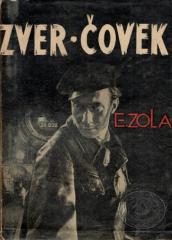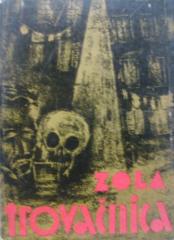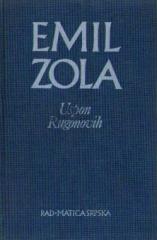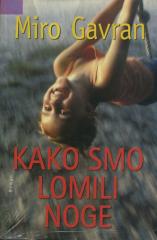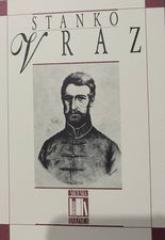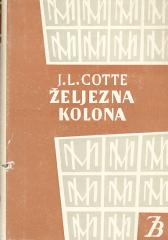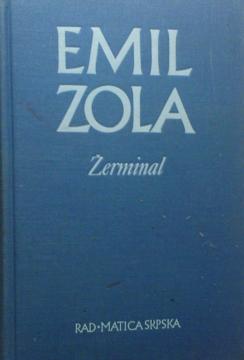
Žerminal
Usvom najboljem djelu, Germinal , Émile Zola je realistično, do najsitnijih detalja opisao neljudske uvjete života i rada rudara u sjevernoj Francuskoj 60-ih godina 19. stoljeća.
Žerminal je roman objavljen 1885. godine, jedan od najvažnijih u Zolinom ciklusu "Rougon-Macquart". Glavni lik, Étienne Lantier, mladi radnik koji je zbog svoje nagle naravi izgubio posao, dolazi u rudarsko naselje Montsou i zapošljava se u rudniku Voreux. Ondje svjedoči brutalnim uvjetima rada, nepravdi i bijedi koja muči rudarske obitelji. Étienne postaje sve više politički osviješten, prihvaća socijalističke ideje i organizira štrajk u nastojanju da radnici izbore bolje uvjete i plaće.
Štrajk, isprva pun nade, ubrzo prerasta u borbu za goli opstanak. Vlast i rudarski poslodavci brutalno guše pobunu, a štrajkaši i njihove obitelji trpe glad i smrt. Rudnik postaje simbol neumoljive sile koja melje radnike. Unatoč porazu, roman završava simboličnom nadom: Žerminal – mjesec u Francuskom revolucionarnom kalendaru koji označava buđenje prirode – sugerira da će, kao i proljeće, radnički otpor jednom iznova procvjetati.
Zola u "Žerminalu" majstorski spaja naturalistički prikaz bijede sa snažnom emocijom i društvenim angažmanom. Djelo ostaje jedan od najsnažnijih prikaza socijalne nepravde u književnosti.
Jedan primjerak je u ponudi
